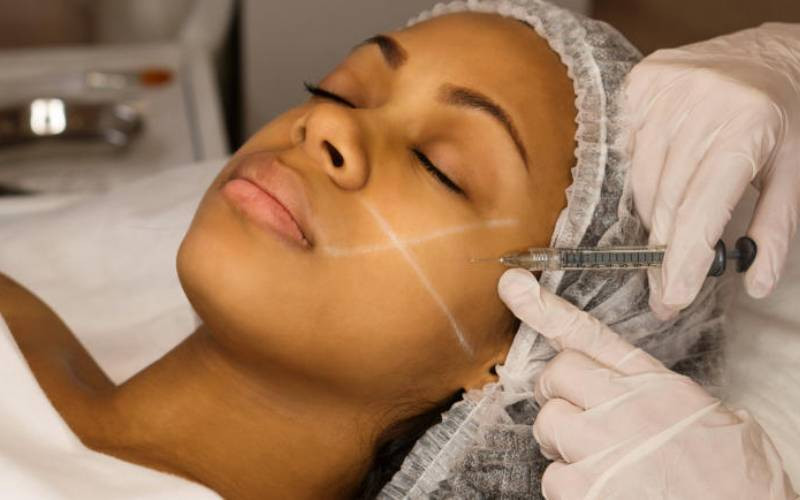
'Pretty hurts', Beyonce sang, so much for the woman living in this modern world. As the song goes, the perceived physical flaws could be fixed by pills, tablets or a balm but the pain would continue to linger if one does not fix the 'soul'.
The fact is, you can't fix what is neither broken nor enhance what is perfect. So who convinced these women that they were broken and needed fixing? That they were not beautiful enough? That they were flawed and imperfect and needed repair? The better question would be, who set up a standard of beauty that any woman not falling close to is considered ugly?
The truth of the matter is, issues with body image start early, all other factors only add salt to the injury. Research shows that children as young as three could be experiencing issues with body image and self-esteem, at such a young age to start feeling trapped in a wrong body.
Facts First
Unlock bold, fearless reporting, exclusive stories, investigations, and in-depth analysis with The Standard INSiDER subscription.
Already have an account? Login
 The Standard Group Plc is a multi-media organization with investments in media
platforms spanning newspaper print
operations, television, radio broadcasting, digital and online services. The
Standard Group is recognized as a
leading multi-media house in Kenya with a key influence in matters of national
and international interest.
The Standard Group Plc is a multi-media organization with investments in media
platforms spanning newspaper print
operations, television, radio broadcasting, digital and online services. The
Standard Group is recognized as a
leading multi-media house in Kenya with a key influence in matters of national
and international interest.


